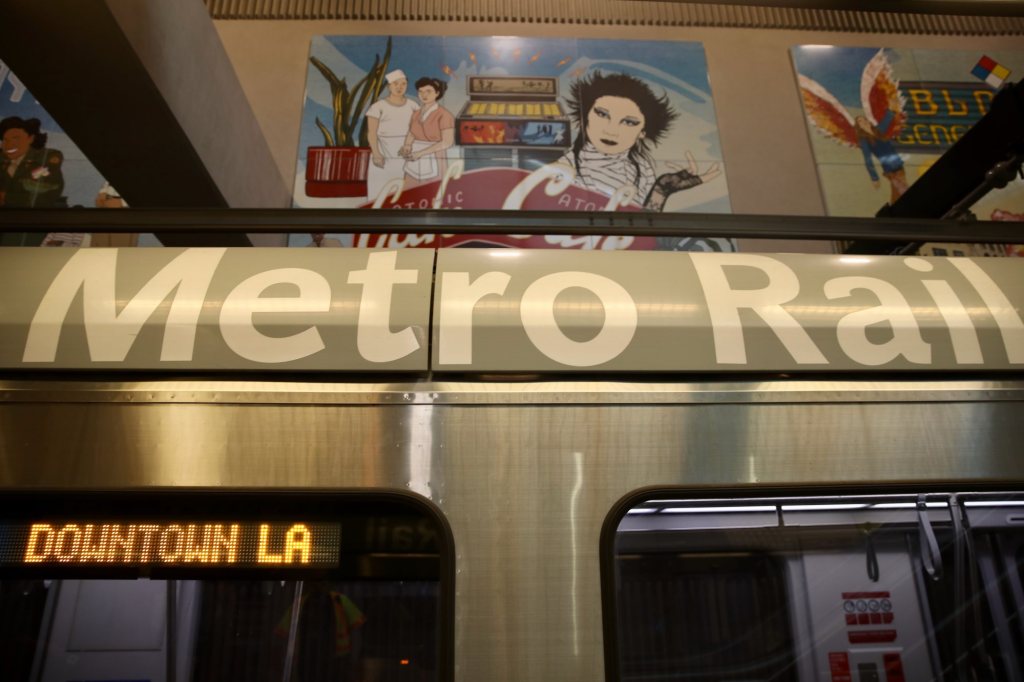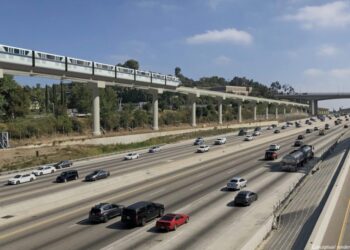Despite steady ridership growth, LA Metro faces budget challenges in the next few months as managers seek ways to tackle escalating operating costs and revenue shortages to make up for Metro’s loss of federal pandemic bailout dollars that helped them balance the last three budgets.
“We are facing a fiscal cliff, too. We are trying to keep it manageable,” said CEO Stephanie Wiggins.
Wiggins indicated that LA Metro’s budget woes are not as severe as those affecting transit agencies in Philadelphia, Chicago and the Bay Area. “My counterpart in Washington D.C. is talking about potential service cuts,” she said.
Chicago’s three transit agencies are approaching $730 million in the red in 2026, and possibly more than $1 billion in the hole in 2031 if there are no cutbacks or revenue enhancements. Bay Area Rapid Transit (BART) could face a $1 billion cumulative deficit over the next five years absent budget cuts, service reductions or more revenue — such as raising fares, the Mercury News reported.
Wiggins, in an interview on Dec. 28, said, “I will be bringing to the board some trade-offs,” but she declined to say what programs would be touched, reduced or cut. “We can reduce the rate of growth of some operating costs,” she said.
Three Metro staffers — Melissa Wang, deputy chief financial officer; Irene Fine, senior executive officer of finance; and Anelli-Michelle Navarro, also senior executive officer of finance — said in an interview on Jan. 3 that they did not know the budget amount, or what the deficit would be, if any, because the budget isn’t slated for adoption until May.
“We are trying to mitigate some of the challenges, but at this point nothing specific has been identified,” said Fine.
LA Metro’s current budget of $9 billion has an operations reserve fund of about $200 million, which is 5% of operating costs, Wang said. It’s possible that Metro could use some of its reserves to balance its budget.
In a report…
Read the full article here







